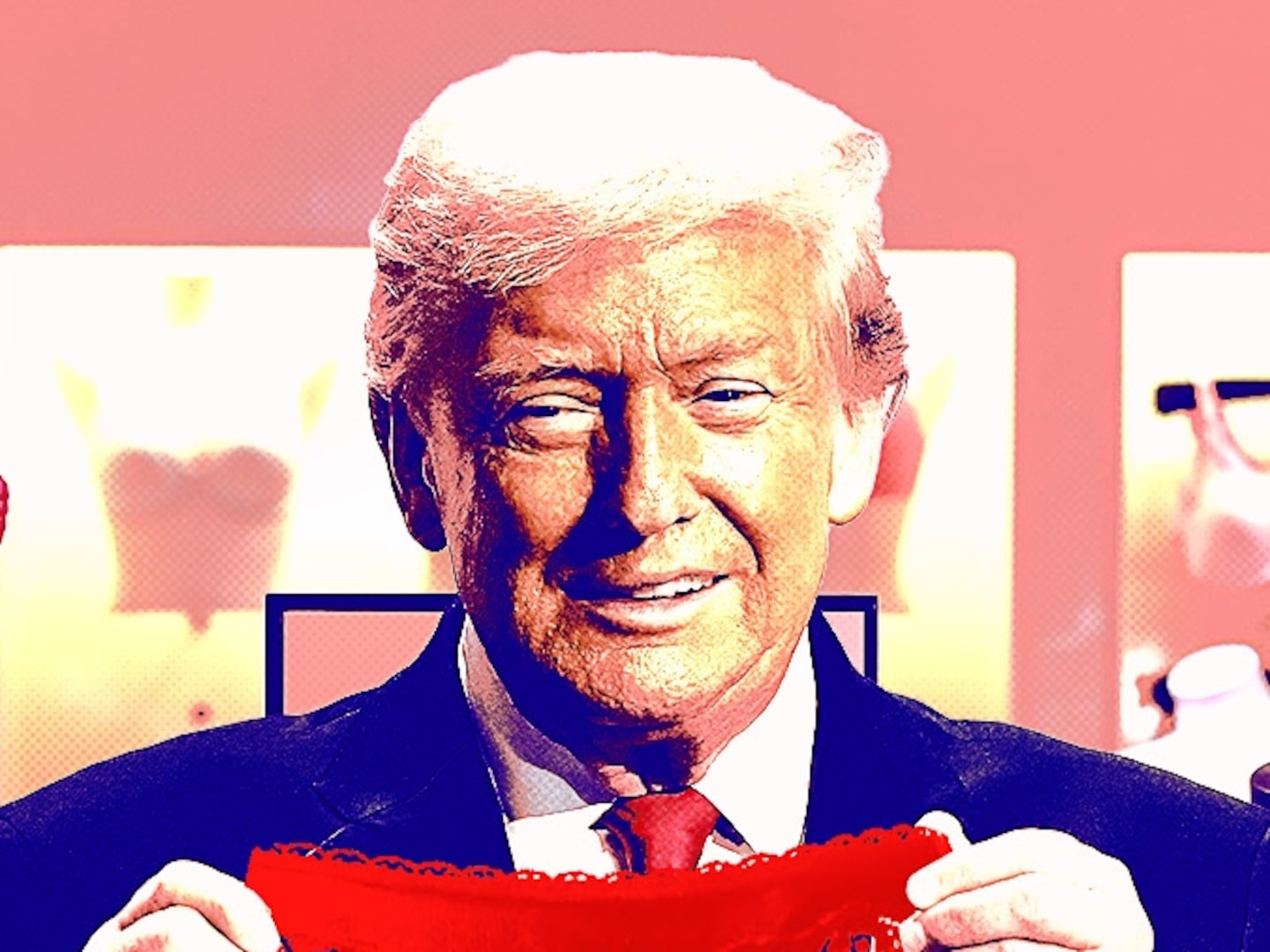LONDON — Prince Charles is taking his unusual views on health, previously described as “witchcraft” and “quackery,” to the United States.
The next King of England, whose love of nature extends to talking to the plants on his Highgrove estate, will give a keynote address to a symposium on health and nature in Kentucky in March. His life-long love of complementary medicine and homeopathic treatments has attracted widespread criticism back home, where he was once appointed president of the British Medical Association.
His relationship with the BMA has been difficult since his inaugural address as president in 1982 when he advocated a radical overhaul of the medical system in favor of alternative therapies which he said had been successfully practiced for centuries by faith healers using the patient’s “physical and social environment, as well as his relation to the cosmos.”
Rather than laugh off the private views of their new figurehead, the doctors ordered a full inquiry into the efficacy of alternative medicine. After three years and 600 submissions, it concluded any support for the use of these therapies was purely “unscientific.” By 2010, the BMA went so far as to declare: "Homeopathy is witchcraft.”
Prince Charles has remained resolute in his controversial beliefs, even though his position in line to the throne is supposed to ensure that he stays completely politically neutral.
At next month’s event in Louisville, Clarence House says he “will give a keynote address to an audience of health practitioners, business, faith and community leaders about links between health and the natural environment.”
Earlier this year, Prince Charles was accused of using his position to gag one of Britain’s leading academic critics of alternative medicine. Professor Edzard Ernst said he was treated “like shit” by officials at the University of Exeter after a complaint about his conduct was made by Prince Charles’s office.
''Prince Charles's attempt to silence me, it seemed, had been successful,” wrote Ernst, who describes the Prince of Wales’s medical views as “quackery.”
Ernst said ''the most unpleasant period of my entire professional life'' began in 2005 when he criticized a draft report into alternative medicine that had been commissioned by Prince Charles. The report said complementary medicine was cost-effective and should be made available through the National Health Service.
Ernst provoked fury at Clarence House by describing that conclusion as “complete misleading rubbish.” Sir Michael Peat, Charles’s principal private secretary, wrote an official letter of complaint to Ernst’s boss claiming that he had been wrong to criticize the report before it was formally published. Ernst would ultimately take early retirement and his department was closed down in 2011.
Charles has continued to lobby for a wider recognition for alternative therapies, even marketing his own. His Duchy Originals company, which produces high-quality organic food, was sanctioned by the Medicines and Healthcare products Regulatory Agency for making misleading claims about its homeopathic remedies. The company was forced to pull advertising for Duchy Herbals Echina-Relief Tincture and Duchy Herbals Hyperi-Lift Tincture in 2009 because there was no evidence that the remedies had any effect.
The event in Kentucky is being organized with the support of Democratic governor Steve Beshear, the mayor of Louisville and the Owsley Brown Charitable Foundation, which was set up in honor of the former chairman of one of the great bourbon companies--his son-in-law Matthew Barzun is the U.S. ambassador in London.
Charles and the Duchess of Cornwall will also mark the 150th anniversary of the death of Abraham Lincoln during their trip. They will visit the Lincoln Cottage, where it is believed he drafted the Emancipation Proclamation. Charles will be in Washington, D.C. to receive an award for his conservation activism from the International Conservation Caucus Foundation. The couple will also take a trip across the Potomac to visit Mount Vernon, the home of George Washington, the first U.S. president who overthrew British rule as commander of the American army during the War of Independence.





